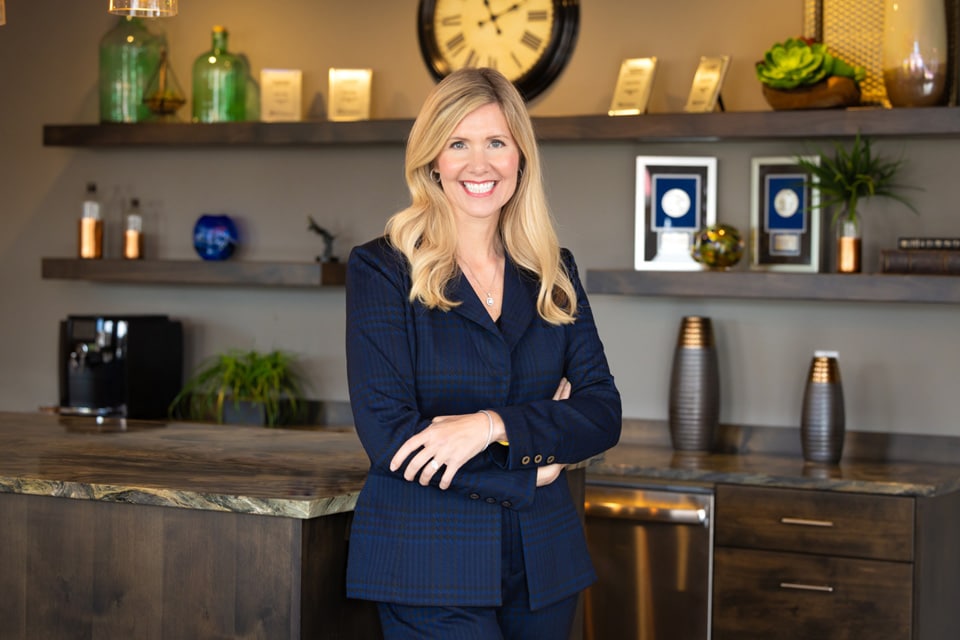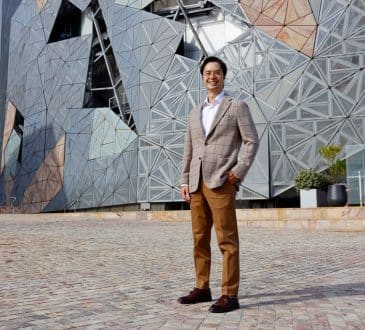Presenting the ‘Anti-budget’: Personal Finance for the C-Suite

A 2023 survey states that 76% of C-Suite and HR leaders are stressed about their finances, with survey respondents — C-Suite, HR leaders, and employees alike — now taking action to improve their financial habits (81%) and cut expenses (80%).
Also, as a financial planner, I personally find that many busy, successful people will avoid dealing with their money altogether! However, where your focus goes, your energy flows, so when you choose to avoid your money, money will end up avoiding you.
The commonly-taught solution for dealing with money, improving financial habits, and cutting expenses is to create a budget. However, as a financial advisor with over 25 years of experience, I never advise my clients to create a traditional budget. So instead of a traditional budget, I teach a method called the Value-based Cashflow™ method, aka the “anti-budget.”
Many people, if not most, hate budgets — which means you probably hate budgets, and I know I certainly do. As a result, many people have a hard time sticking to them. It’s the same reason many people fail at dieting. Traditional budgeting focuses on restriction and tightening, rather than growth and expansion. Faced with rigidity and restraint, people tend to feel shame when they fail to meet their budget. This can lead to a cycle of restriction followed by binge spending, creating more shame and stress. After a while, people give up on their budget, just like they will give up on a diet that leaves them constantly unsatisfied.
I set out to find a better way for people to manage their money. Surveying my clients and the public, I asked people to name their top desire for their life when it comes to their finances. Almost every person who filled out the survey — 98% of respondents — said they wanted freedom.
As we’ve established, most people find that traditional budgeting makes them feel confined and constrained rather than free. The answer? Instead of focusing on lack, which most budgets force us to do, the Value-based Cashflow™ method causes us to focus instead on what we truly value and what matters most to us.
The only way to get to freedom is through discipline. Freedom is found in the discipline of boundaries and ensuring you are spending your money on things that genuinely matter to you. My anti-budget is therefore about understanding your values and goals, tracking your spending habits, and being empowered to identify whether or not your expenses align with your values.
The key to this method is that it incorporates the true nature of money. Money, after all, loves to be in motion! It’s meant to flow both in and out. Therefore, you should never feel bad or guilty about spending money. Instead of storing it away like a Scrooge, embrace your role in the flow of money by spending it intentionally on things that genuinely contribute to your well-being and happiness.
Let me guide you through the following three easy steps of the Value-based Cashflow™ method that helps bring clarity, energy, and focus to your finances:
Step 1: Explore Your Relationship With Your Expenses. Open your bank account activity, your last credit card statement, or both. Then, determine which of the following three kinds of relationships you have with each of those expenses:
- Joy: Determine which purchases or expenses brought you the most joy. This is the easy one! Maybe it’s your house payment because you are building equity, or a special dinner out with your kids when they come home from college. I personally love to see the money our family puts into investments for our future, or to pay toward our next vacation.
- Comfort: This category includes mundane but important expenditures such as fuel for our vehicles that gives us freedom to go places, electricity to provide comfort and lighting at home, and even car payments, knowing I am paying the loan off. Begin to approach your bills — whether water bills, insurance bills, grocery bills, or something else — with a sense of gratitude for the comfort factor they bestow.
- Annoyance: If an expense makes you feel regret, guilt, or anger, make note of it as an annoyance. These are often your impulse purchases. I know there are times when I look at a bill from a big box retailer and wonder what the heck I spent $350 on. Or maybe these are consistent overindulgences, such as daily lunches out or happy hour drinks. Ask yourself which of these you can eliminate, and how you can redirect the funds toward the things that bring you joy, such as investing in building a more secure financial future or getting out of debt.
Step 2: Love Your Income. Now take a look at all your sources of income. Are you happy about how much money you make? Are you grateful for your salary or business revenue? List all of your monthly income, including specific amounts, reflecting on each one with gratitude.
When we are grateful and express that gratitude, we appreciate what we have and take ourselves out of wanting what we don’t have. And when we express proactive gratitude — giving thanks for something that we want in the future — we open a direct path to realizing that thing. Therefore, each and every time money is deposited into your account — no matter how great or small — feel thankful, revel in your blessing, and cultivate gratitude.
Step 3: Track Your Monthly Income and Expenses. Make sure to keep track of your income and expenses (all three types: Joy, Comfort, and Annoyance) each month. After all, there is awareness and empowerment to be gained out of knowing your monthly numbers.
Just remember that as opposed to other approaches, the focus of this income / expense sheet is totally different. We’re no longer tracking the flow of our money to things that cause leaks, lack, and loss; instead we’re tracking (and redirecting) the flow of our money to things we love.
When using the Value-based Cashflow™ method, we’re no longer focused on calamity; we’re focused on creation. We’re no longer focused on restriction; we’re focused on growth. We’re no longer focused on loss; we’re focused on love. This slight change ends up making all the difference. Employing my anti-budget is therefore a dramatically different way to focus on your finances. I think you’ll find it to be a lot more fun as well!
Written by Julia M. Carlson.
Have you read?
Best countries for hiring freelancers.
Highest Paid Big Pharma CEOs And Top Executives.
Best Websites For CEOs, business leaders, and high-net-worth individuals.
Best Executive Search Firms And Consultants in America.
Revealed: Most Powerful Women In The World.
Bring the best of the CEOWORLD magazine's global journalism to audiences in the United States and around the world. - Add CEOWORLD magazine to your Google News feed.
Follow CEOWORLD magazine headlines on: Google News, LinkedIn, Twitter, and Facebook.
Copyright 2025 The CEOWORLD magazine. All rights reserved. This material (and any extract from it) must not be copied, redistributed or placed on any website, without CEOWORLD magazine' prior written consent. For media queries, please contact: info@ceoworld.biz











